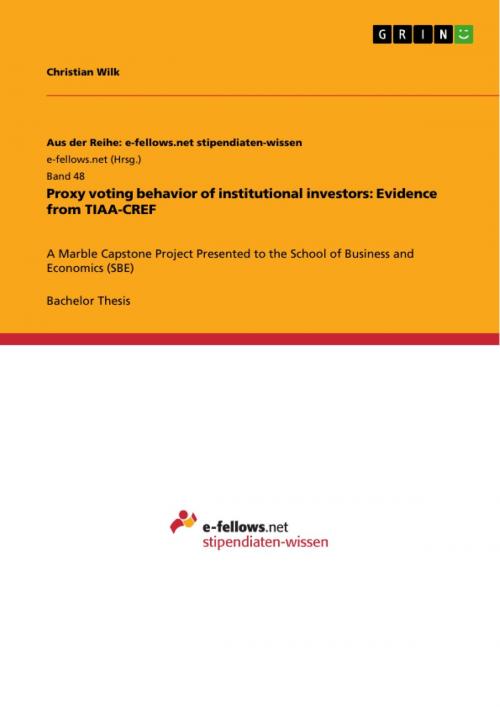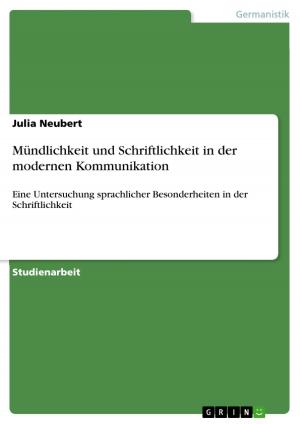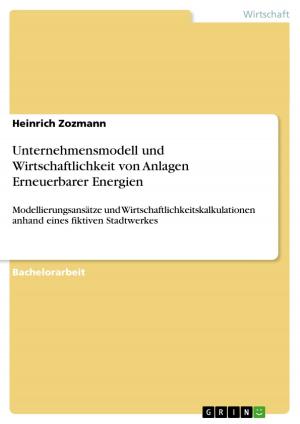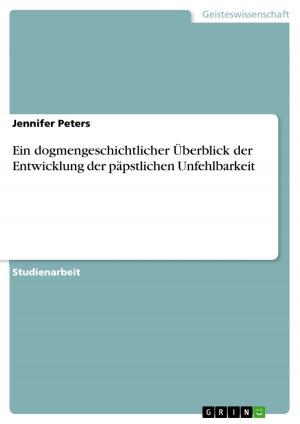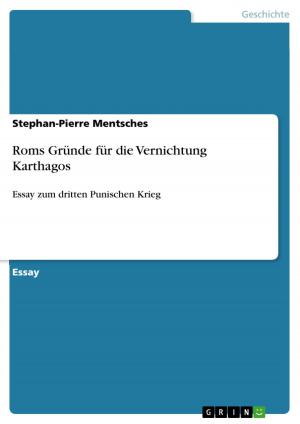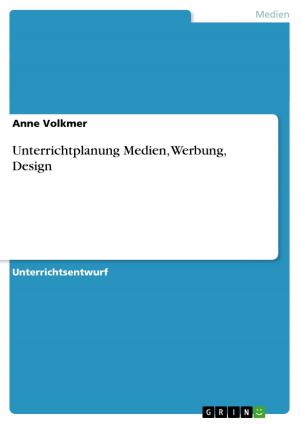Proxy voting behavior of institutional investors: Evidence from TIAA-CREF
A Marble Capstone Project Presented to the School of Business and Economics (SBE)
Business & Finance, Management & Leadership, Management| Author: | Christian Wilk | ISBN: | 9783640946570 |
| Publisher: | GRIN Verlag | Publication: | June 29, 2011 |
| Imprint: | GRIN Verlag | Language: | English |
| Author: | Christian Wilk |
| ISBN: | 9783640946570 |
| Publisher: | GRIN Verlag |
| Publication: | June 29, 2011 |
| Imprint: | GRIN Verlag |
| Language: | English |
Bachelor Thesis from the year 2010 in the subject Business economics - Business Management, Corporate Governance, grade: 9.0, Maastricht University, language: English, abstract: This thesis analyzes the voting behavior of the Teachers Insurance and Annuity Association - College Retirement Equities Fund (TIAA-CREF). As one of the largest financial services companies in the United States, with over 426 billion Dollar in combined assets under management as of 31 of March 2010, the fund is using proxy voting as a tool to promote positive returns from their investments. This thesis relies on a database constructed out of SEC N-PX lings over a period of six month. The results indicate that TIAA-CREF only withholds directors their vote in a moderate amount of cases. In addition, the fund voted more often against management at proposals cast by shareholders concerning board structures and shareholder rights than at proposals concerning other corporate governance issues.
Bachelor Thesis from the year 2010 in the subject Business economics - Business Management, Corporate Governance, grade: 9.0, Maastricht University, language: English, abstract: This thesis analyzes the voting behavior of the Teachers Insurance and Annuity Association - College Retirement Equities Fund (TIAA-CREF). As one of the largest financial services companies in the United States, with over 426 billion Dollar in combined assets under management as of 31 of March 2010, the fund is using proxy voting as a tool to promote positive returns from their investments. This thesis relies on a database constructed out of SEC N-PX lings over a period of six month. The results indicate that TIAA-CREF only withholds directors their vote in a moderate amount of cases. In addition, the fund voted more often against management at proposals cast by shareholders concerning board structures and shareholder rights than at proposals concerning other corporate governance issues.
